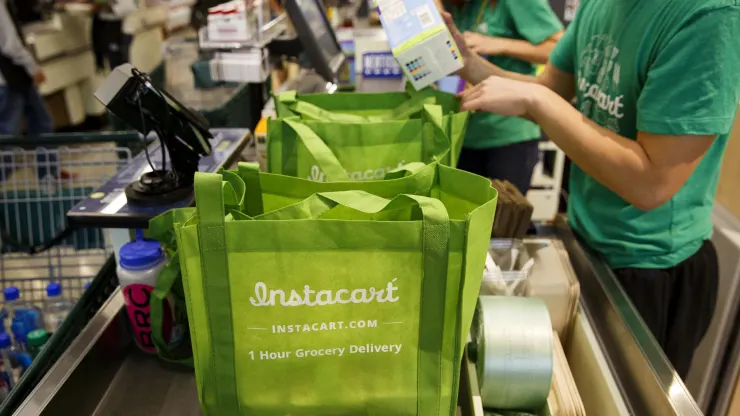Tech IPOs are coming back — now they have to perform

Last week, tech investors finally heard the three-letter acronym IPO.
Several venture-backed tech companies have gone public in the U.S. in the past 20 months, and Silicon Valley has been buzzing about who will break the ice. Earlier this week, Instacart and Klaviyo filed for initial public offerings on the NASDAQ.
In a statement earlier this week, Arm, owned by SoftBank, said it plans to go public seven years after it was acquired for $32 billion.
There is little in common between these three companies, but they represent a test of public market investors’ excitement for new opportunities. The performance of their offerings could inspire others in the fourth quarter to follow.
Others may watch the reception of these and might be encouraged to do the same, said Lise Buyer, founder of Class V Group, an IPO consultancy.
In 2020 and 2021, when tech IPOs were at record levels, Buyer refers to valuations achieved by companies in “yesterday.” The software company Snowflake, which debuted in late 2020, now trades at less than 17 times revenue after seeing its price-to-sales multiple jump to about 50. Even though revenue has grown by over 60% since DoorDash’s high in 2021, its stock has dropped more than two-thirds.
“We won’t be going back to 2021 anytime soon,” Buyer said.
Prior to its IPO, Instacart, backed by Sequoia and Andreessen Horowitz, has taken a big valuation hit. As tech stocks sank and growth slowed dramatically in a post-Covid world, the company slashed its valuation from $39 billion in early 2021 to $24 billion in March of last year. It is reported that the valuation fell by another 50% by the end of 2022.
The closest public market comparison to Instacart is DoorDash, which trades at 3.8 times revenue. If Instacart were valued at that multiple, it would be worth about $11 billion.
By keeping costs in check and slashing staff, Instacart has managed to turn a profit for five straight quarters. A year earlier, the company had a net income of $8 million; now it has a net income of $114 million.
Klaviyo, valued at $9.5 billion in a 2021 funding round, has not been forced to reduce its valuation, according to Pitchbook. With its technology, the company stores user data and builds profiles that enable targeted marketing via email, text messages, and other channels.
